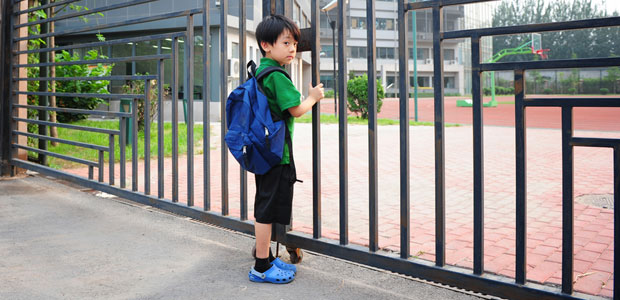Advertisement
Are Kids Losing Their Space to Play?
Too much artificial space? According to a recent media release from Play Association Tower Hamlets (PATH), which has recently investigated issues around play space in the East End of London, there’s a growing trend where today’s children are becoming more restricted to environments that are “rigid, over-designed, and artificial.” In comparison, older residents in the … Continued

Too much artificial space?
According to a recent media release from Play Association Tower Hamlets (PATH), which has recently investigated issues around play space in the East End of London, there’s a growing trend where today’s children are becoming more restricted to environments that are “rigid, over-designed, and artificial.” In comparison, older residents in the community have “play memories” that suggest they had more opportunities to wander freely, without supervision, and to play in less rigid spaces such as between houses, shops, and in parks.
The release identified that the generational disparity in play experiences has to do with modern trends in replacing open, unidentified, or in-between spaces in communities with environments that are separated into specific, precise, purpose-oriented spaces.
Part of a growing trend
Other recent studies show a growing trend in children spending more time indoors. A study in 2009 found that only 10 percent of children reported playing in natural outdoor environments versus 40 percent of adults who reported playing outdoors when they were young. Further, Children & Nature Worldwide included in a 2012 report that a recent study shows a high prevalence of vitamin D deficiency among infants, children, and adolescents—a major source of vitamin D being sunlight.
Changing perceptions
Penny Wilson of PATH describes how the design of her association’s Mile End Park aims to give the children some of their open space back. Her goal is to use woodlands, paths, mirrors, branches, and manufactured artifacts to make parks into more playable spaces. She believes that “we will make no difference to the impoverished state of play within our societies until we revisit our ways of perceiving the world.”





